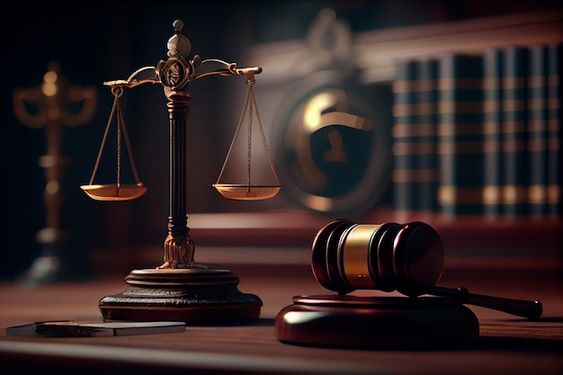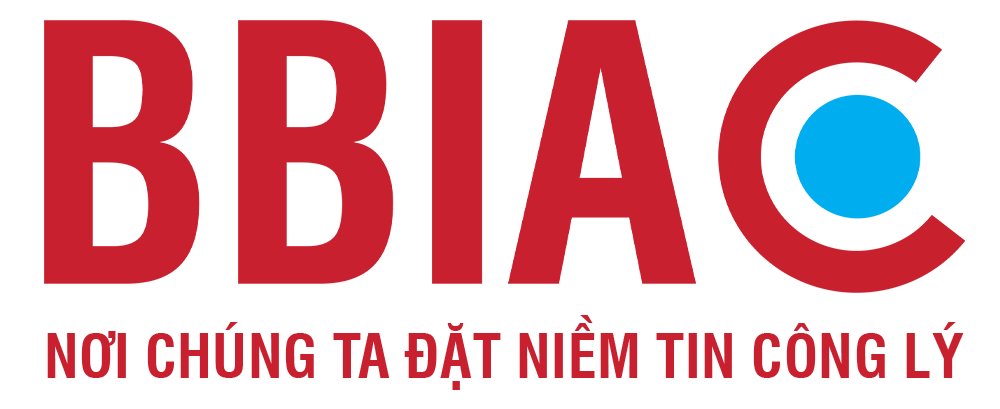Commercial arbitration and protecting the rights of related parties

1. How commercial arbitration protects rights
Commercial arbitration protects the interests of participating parties through a variety of methods, ensuring a fair, transparent and effective process.
First, the selected arbitrators must be highly professional and neutral, ensuring there is no conflict of interest with any party. These arbitrators often have extensive legal and business knowledge, helping to make fair and reasonable decisions.
The arbitration process is clearly defined from the beginning, including the steps, timetable, and the rights and obligations of the parties. Each side has the opportunity to present its views and provide evidence. This ensures that all parties are heard and have a fair opportunity to defend their rights.
The arbitration process is typically conducted confidentially, protecting the parties’ sensitive information and business data. The parties and arbitrators are obliged to keep confidential information related to the dispute, helping to protect the rights and reputation of the participating parties.
One of the great benefits of commercial arbitration is faster settlement time compared to court. This helps parties save time and costs. An arbitration agreement can set a time limit for making an award, ensuring the process is not prolonged and helping to resolve the dispute quickly and effectively.
The arbitration award is legally binding and the parties must comply with it. Arbitral awards may also be recognized and enforced in many countries under the New York Convention on the Recognition and Enforcement of Foreign Arbitral Awards (1958). This ensures that the interests of the parties are protected not only nationally but also internationally.
Commercial arbitration allows parties to customize the process to suit their specific needs and conditions. The parties can agree on the arbitration process, choose the arbitrator and the arbitration location according to their wishes, creating flexibility and comfort in the dispute resolution process.
Arbitrators are obligated to disclose any relationships that could create a conflict of interest before accepting a case. Parties have the right to object to the arbitrator if they have good reason to believe that they cannot reach a fair decision. This helps minimize risks and ensure neutrality in the arbitration process.
Finally, although arbitration costs can be high, parties can control and predict these costs. Arbitration agreements often clearly stipulate costs and the parties can share costs according to the agreement, helping to manage finances effectively.
Thanks to the above methods, commercial arbitration protects the interests of participating parties, ensuring the dispute resolution process is effective, fair and legal.
2. Rights and obligations of the parties in arbitration
In arbitration proceedings, the parties are guaranteed that the disputing parties are equal in terms of rights and obligations. First, the parties can agree to choose any arbitration center or establish their own Arbitration Council to resolve their disputes. Once the form of arbitration has been chosen, the parties have the right to appoint an arbitrator they trust and the parties can also agree on a time to resolve the dispute, that is, the parties decide when to hold the arbitration. dispute resolution meeting. The Arbitration Council must respect the agreement of the parties. Only when there is no agreement between the parties on the time to hold the meeting will the Chairman of the Arbitration Council have the right to decide. Usually, when the Arbitration Council believes that the information and grounds related to the dispute have been collected sufficiently to warrant a decision, the meeting will be opened. The opening of the trial will be conducted at a location chosen by the parties.
In addition, the parties are also allowed to agree on the language used in arbitration proceedings. This content represents the right to be heard and the right to present of the participating parties. The language used must be consistent with the thinking and perception of the parties about the issue being debated. Lack of this means that a party or parties have been deprived of the right to be heard and presented.
Vietnamese law does not allow parties to freely choose the law applicable to disputes. The law regulates the rights of the parties on the basis of a distinction between domestic disputes and disputes with foreign elements. For disputes between Vietnamese parties, the Arbitration Council applies Vietnam’s substantive and formal laws to resolve the dispute. The parties’ choice of foreign law will not be accepted by the Arbitral Tribunal. This provision is a limitation compared to the arbitration provisions of many countries’ laws. However, this regulation is considered suitable for current Vietnamese conditions.
For disputes with foreign elements, the Arbitration Council applies the law chosen by the parties. The choice of foreign law must not be contrary to the basic principles of Vietnamese law. In case the parties cannot choose a law to resolve the dispute, the Arbitration Council will decide.
In addition, the law also limits the freedom to choose the law on arbitration proceedings of disputing parties who are Vietnamese organizations and individuals. The parties have the right to choose an arbitration center or an arbitration council established by the parties to resolve disputes according to regulations on arbitration proceedings. Thus, in all cases, arbitration conducted within the territory of Vietnam must comply with the provisions of law. Therefore, it can be affirmed that this regulation has limited the freedom to choose arbitration procedures compared to many countries in the world.
3. The role of lawyers in protecting rights
Lawyers play a very important role in protecting the interests of the parties during the arbitration process. They undertake a variety of tasks to ensure that their clients’ interests are protected as best as possible.
First, lawyers provide legal advice to the parties, helping them understand their rights and obligations during the arbitration process. They also instruct parties on how to participate and prepare for arbitration effectively.
Another important duty of a lawyer is to draft and review an arbitration agreement. They help ensure that the terms of the agreement comply with the law and protect the rights of the parties. Lawyers may also be involved in negotiations to reach a fair agreement.
During the arbitration process, lawyers assist in preparing necessary documents and records. They ensure that these documents are complete, accurate and presented clearly to assist the parties in protecting their rights.
When the hearing takes place, lawyers represent the parties, protecting their interests by presenting their views, arguments and rebutting the arguments of the opposing party. They are directly involved in the debate process and help make strong legal arguments.
Lawyers can also advise and assist in selecting an arbitrator. They ensure that the arbitrator selected is impartial and has appropriate expertise. If needed, attorneys can help evaluate candidates and make recommendations.
In addition, lawyers resolve legal issues that arise during the arbitration process, including disputes about the arbitration process, information confidentiality requirements, or other related legal issues.
They also advise on strategy and reasoning in arbitration, helping parties develop plans and methods to achieve their desired results. Attorneys can help identify effective legal arguments and develop an appropriate arbitration strategy.
After the arbitration award is issued, lawyers carry out the necessary legal procedures, including supervising the implementation of the award and ensuring that the arbitrator’s decision is implemented in accordance with the law.
4. How to resolve disputes with BigBoss International Commercial Arbitration Center
To resolve disputes by commercial arbitration at BBIAC. Customers can write in the contract one of the following two contents:
4.1. Model Arbitration Clause
“Any dispute arising out of or in connection with this contract shall be resolved by arbitration at the BIGBOSS International Commercial Arbitration Center (BBIAC) in accordance with its Rules of Arbitration”.
In addition, the parties may add:
(a) the number of arbitrators is [one or three].
(b) the place of arbitration is [city and/or country].
(c) the law applicable to the contract is [ ].*
(d) the arbitration language is [ ].** Note: *
Only applicable to disputes with foreign elements **
Only applies to disputes with foreign elements or disputes in which at least one party is a foreign-invested enterprise.
4.2. The Model Arbitration Clause applies to summary proceedings
“Any dispute arising out of or in connection with this contract shall be resolved by arbitration at the BIGBOSS International Commercial Arbitration Center (BBIAC) in accordance with its Rules of Arbitration. The parties agree that the arbitration proceedings will be conducted in accordance with the Summary Procedures set out in Article 37 of the BBIAC Arbitration Rules.”
In addition, the parties may add:
(a) the place of arbitration is [city and/or country].
(b) the law applicable to the contract is [ ].*
(c) the arbitration language is [ ]. **
Note:
* Only applies to disputes with foreign elements
** Only applies to disputes with foreign elements or disputes where at least one party is a foreign-invested enterprise
